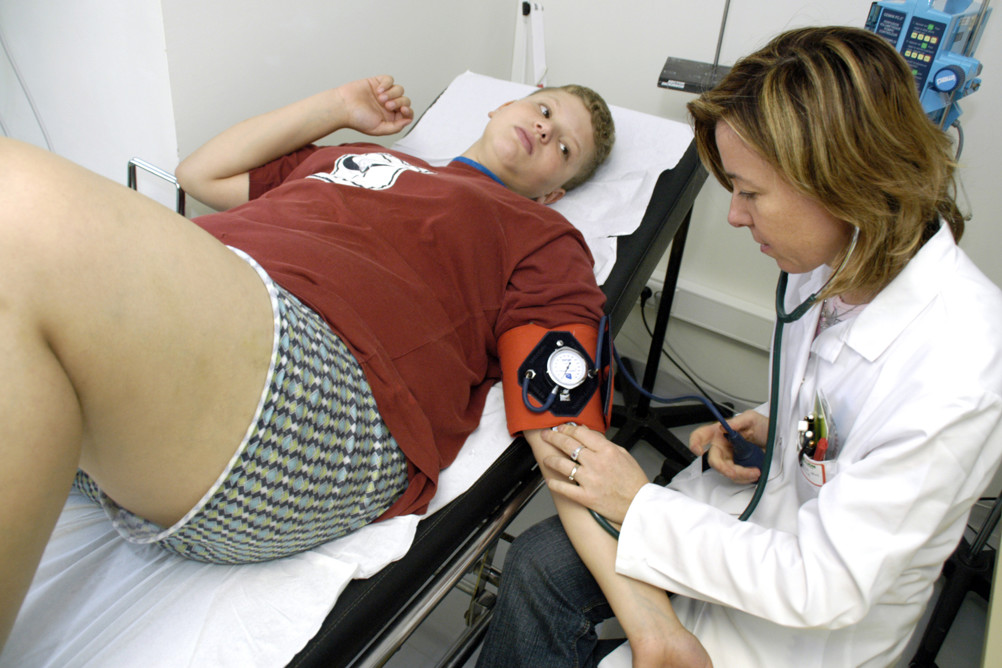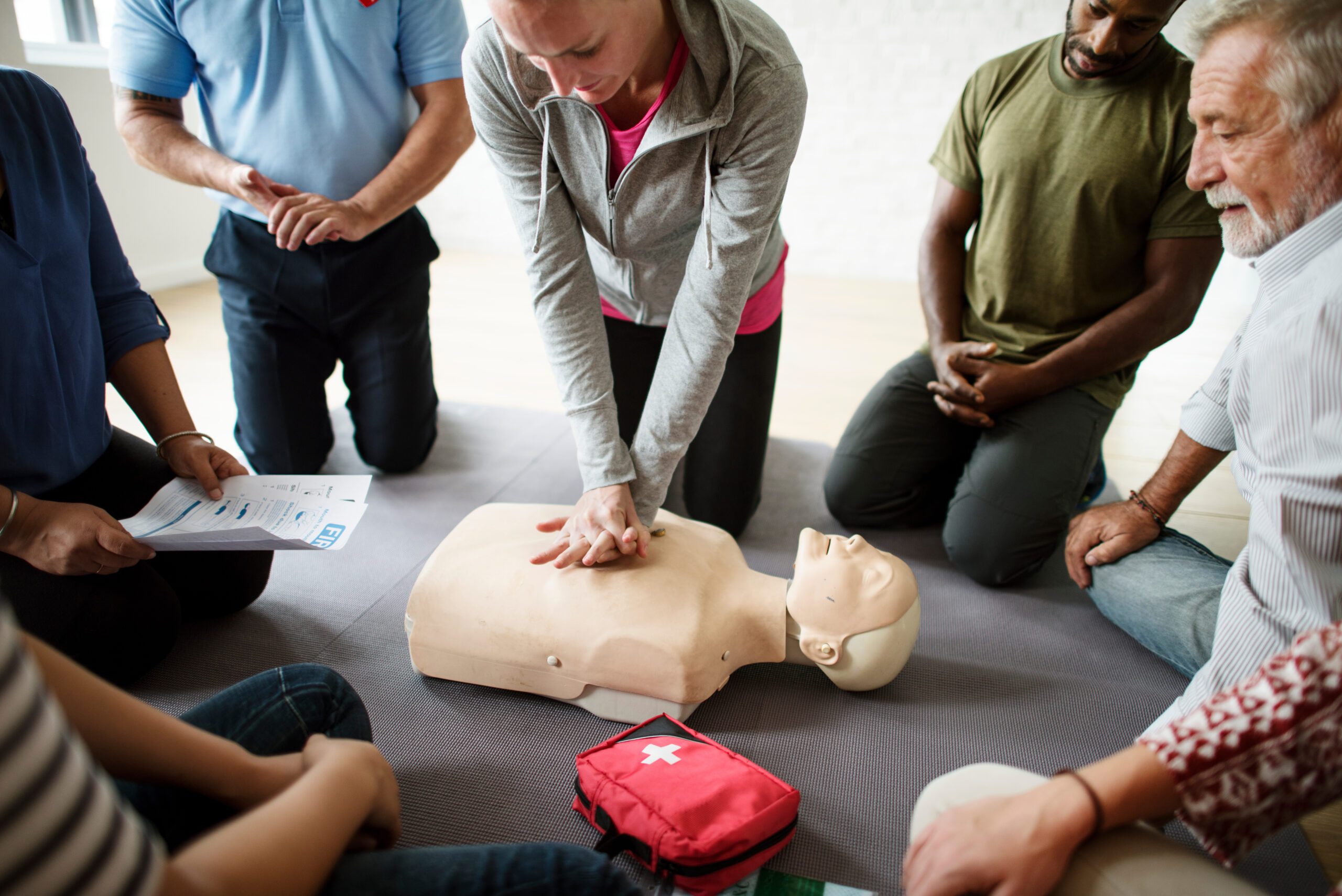Childhood obesity is a growing concern and medical clinics are stepping up to help. They offer practical solutions and support for families. This approach not only tackles weight issues but also improves overall health. Clinics focus on three key areas: nutrition, physical activity, and education. By doing so, they build healthy habits in children. Obesity may lead to many health problems like heart disease or even infertility Buckhead. By addressing these concerns early, clinics ensure a healthier future for children.
Nutrition: Building a Healthy Foundation
Nutrition is the cornerstone of preventing childhood obesity. Clinics guide families on how to make healthier food choices. They stress the importance of a balanced diet. This includes fruits, vegetables, whole grains, and lean proteins. By helping families understand portion sizes and caloric needs, clinics make nutrition manageable.
A recent study by the Centers for Disease Control and Prevention highlights that children who consume nutritious meals tend to have better academic performance. This shows the far-reaching benefits of proper nutrition.
Physical Activity: Encouraging Movement
Regular exercise is vital in combating obesity. Clinics encourage daily physical activity. This does not mean rigorous workouts. Simple activities like walking, playing sports, or even dancing can be effective. The key is to keep children active and engaged.
According to the U.S. Department of Health and Human Services, children should engage in at least 60 minutes of physical activity each day. Meeting this recommendation can greatly reduce the risk of obesity and related health issues.
Education: Empowering Families
Education plays a crucial role in this fight. Clinics hold workshops and sessions to teach families about obesity and its risks. They provide tools for tracking progress and setting achievable goals. Knowledge empowers families to make lasting changes.
Comparison of Key Focus Areas
| Focus Area | Approach | Benefits |
|---|---|---|
| Nutrition | Guidance on balanced meals | Improved health and academic performance |
| Physical Activity | Encouragement of daily exercise | Reduced risk of obesity |
| Education | Workshops and sessions | Empowerment and informed choices |
Community and Support
Clinics also build a sense of community. They connect families with support groups and networks. Sharing experiences and challenges fosters a supportive environment. This collective effort strengthens the journey towards healthier living.
Moreover, clinics collaborate with schools to integrate health education into the curriculum. This partnership reinforces the importance of healthy habits both at home and at school.

The Importance of Early Intervention
Addressing obesity early can prevent severe health issues in the future. Clinics play a crucial role in early intervention. By focusing on nutrition, physical activity, and education, they provide a comprehensive solution to a complex problem.
Remember, small changes can lead to significant results. With the support of clinics, families can navigate the path to a healthier lifestyle for their children.





